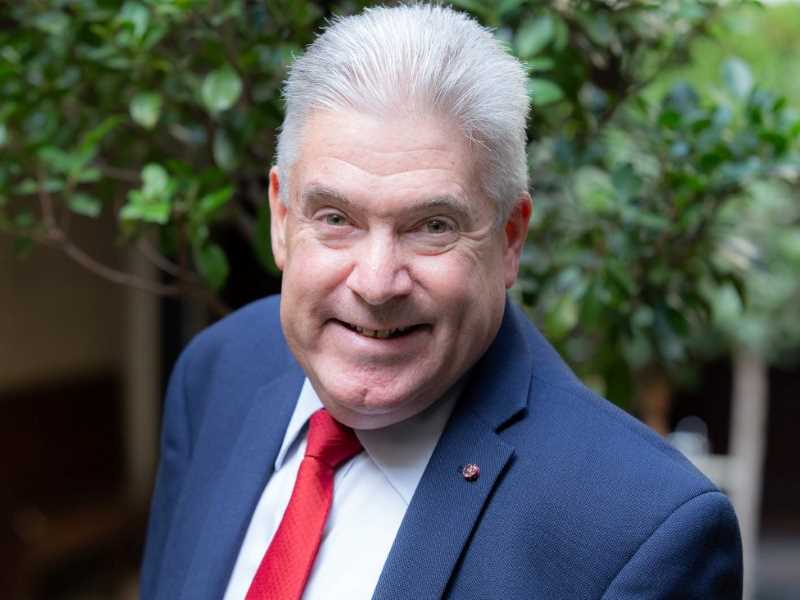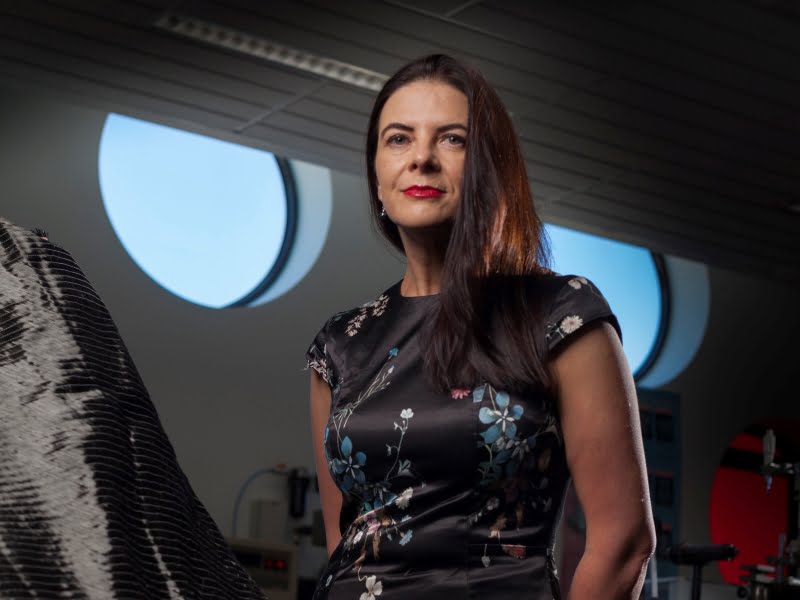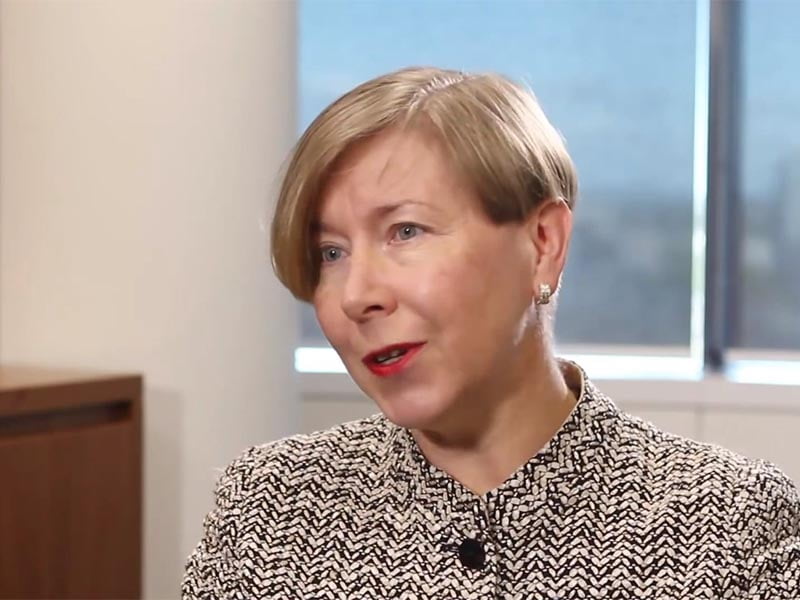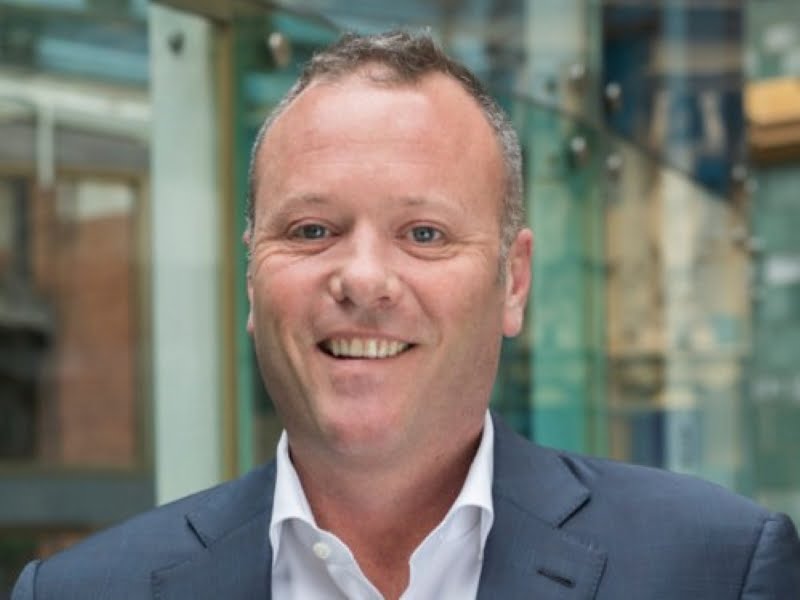Scott Morison has promoted three public servants with defence backgrounds to lead key agencies for the next five years, including Kathryn Campbell, the former major-general in the Australian Army Reserve who oversaw the beginning of the robodebt scheme.
Ms Campbell has been appointed the secretary of the Department of Foreign Affairs and Trade, replacing retiring public sector veteran Frances Adamson, whose departure sparked a long expected reshuffle at the top of the Australian Public Service. Ms Adamson has been appointed by Premier Steven Marshall as the next Governor of South Australia.
Ms Campbell will commence her new role on July 22, joining from the social services department, which she has led since 2017. She is a major-general in the Australian Army Reserve and was also head of the Department of Human Services from 2011 to 2017, where she presided over the beginning of the unlawful $1.8 billion robodebt scheme.
Ms Campbell’s promotion to the one of the most prestigious roles as head of DFAT triggered questions from Labor and the Greens.
“It has never been satisfactorily explained to me what Kathryn Campbell did or didn’t know about the four-year rollout and implementation of the unlawful Robodebt scheme,” Opposition government services spokesman Bill Shorten said.
Greens Whip and Senator for Western Australia Rachel Siewert said she was disappointed in Ms Campbell’s move before the robodebt scandal had been fully resolved.
“Everyone involved in this illegal scheme should be held to account,” she said.
Robodebt has been linked to the suicides of people which received debt notices and was found to be unlawful by a Federal Court judge last month who labelled it a “a “shameful chapter” in Australia’s social security history.
Ms Campbell has previously apologised for the “hurt and harm” caused by the scheme but has said the department does “not accept” that it had led to deaths.
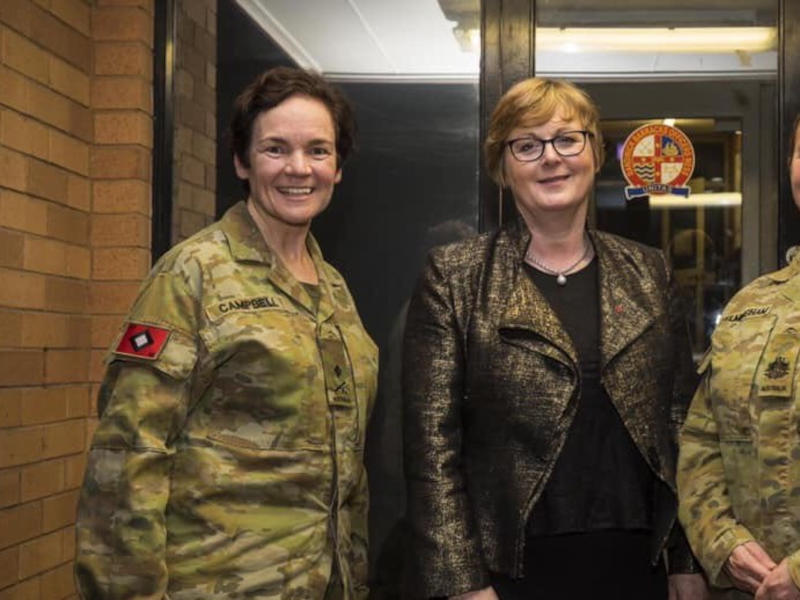
Her promotion opened the door for Ray Griggs at the Department of Social Services. Mr Griggs, a former Navy chief and vice chief of the Defence Force, will takeover as Secretary next week. He joins from the National Indigenous Australians Agency, which he led since its establishment in 2019.
A month later Katherine Jones will take the role of Secretary of the Attorney-General’s Department, filling the role which has been vacant since January when Chris Moraitis left to lead the investigation onto alleged war crimes by Defence Force personnel in Afghanistan.
Ms Jones joins from Department of Defence, where she is currently associate secretary, and has previously held deputy secretary roles at the Department of Finance and the Attorney-General’s Department.
Prime Minister Scott Morrison announced the appointments last week.
“I congratulate Ms Campbell, Mr Griggs and Ms Jones on their appointments. I have every confidence that they will lead by example and ensure the Australian Public Service continues to play an integral role in our nation’s COVID-19 recovery and provide high-quality services to all Australians,” he said.
A new leader of the Digital Transformation Agency (DTA) is yet to be announced, following the departure of Randall Brugeaud last month, who left the technology agency to lead a trade taskforce for Minister Dan Tehan.
DTA chief operating officer Peter Alexander is currently serving as the acting chief executive as the agency searches for its fourth chief in six years and faces staffing and budget cuts.
Energy and Emissions Reduction Minister Angus Taylor has snnounced the appointment a former gas and oil executive-cum-investment banker to the board of Australia’s clean energy regulator.
Ms Katherine Vidgen, the former boss of Western Australia oil and gas producer Quadrant Energy, to the board of the Clean Energy Regulator for a period of three years.
Environmental groups chided the decision to appoint her.
“Appointing a gas boss like Katherine Vidgen to the Clean Energy Regulator is like putting a fox in charge of the chickens,” said Greenpeace Australia Pacific spokesperson Fiona Ivits.
“Gas is a fossil fuel that’s driving dangerous climate change, and has no place in Australia’s clean energy transition.”
Mr Taylor this week also announced the appointment of soil expert Professor Alexander McBratney to the Emissions Reduction Assurance Committee, which advises government on how to spend its Emissions Reduction Fund.
The fund is a descendant of Tony Abbott’s ‘Direct Action’ policy and pays organisations to sequester or avoid carbon emissions, through the issuance and purchase of Australian Carbon Credit Units. Companies can also purchase credits to offset their emissions.
The energy minister reportedly wants to expand the fund to include carbon capture storage, a controversial emissions reduction technique where carbon dioxide emissions are captured and stored underground. Prof McBratney is a University of Sydney soil expert currently working on its monitoring, assessment and restoration system.
In New South Wales, Jim Betts, who is currently Secretary of the Department of Planning, Industry and Environment, has been appointed to the role of Secretary of the NSW Department of Premier and Cabinet. He will start in October. He will replace Tim Reardon who is stepping down from the role in October, when he plans to return to the private sector.
The New South Wales government said a new secretary of the Department of Planning, Industry and Environment will be announced in “due course”.
The Low Institute has a new research director after the think tank’s Hervé Lemahieu was promoted to lead the power and diplomacy program.
Former Westpac Bank chief executive Brian Hartzer is returning to the financial sector as the new chairman of salary-based buy now, pay later start-up Beforepay. Mr Hartzer resigned from the Big Four bank in the aftermath of its money laundering scandal where it failed to report uspicious payments related to child exploitation in south-east Asia.
He will now be chairman of Beforepay, a well backed fintech which lets users to get an avance on up to 25 per cent of their salaries before their employer pays them for a five per cent fee. The company is led by chief executive Jamie Twiss, who was an executive at Westpac under Mr Hartzer.
Fellow big bank NAB has lost its head of cloud platform. Andrew Freeman left the bank this week after almost three years for the chief technology officer role at Microsoft specialist Azenix.
Wiise, a Microsoft-based ERP and accounting platform created by KPMG, has announced the appointments of Charlie Wood as chief executive and Lex Feltham as head of sales and channel. Sydney-based Mr Wood previously headed up Dropbox ANZ while Mr Feltham has worked for Adobe, SAP and Salesforce.
The post Gig Guide: Military mandarins in APS reshuffle appeared first on InnovationAus.
This post was originally published on InnovationAus.
